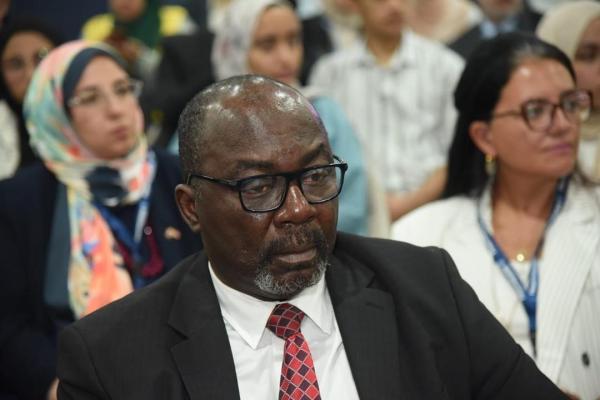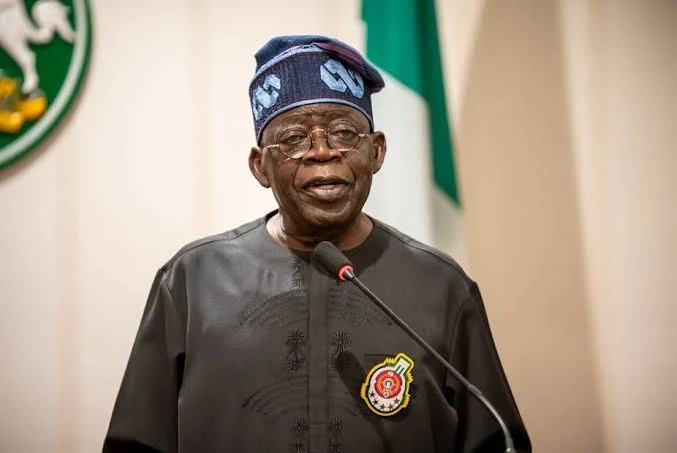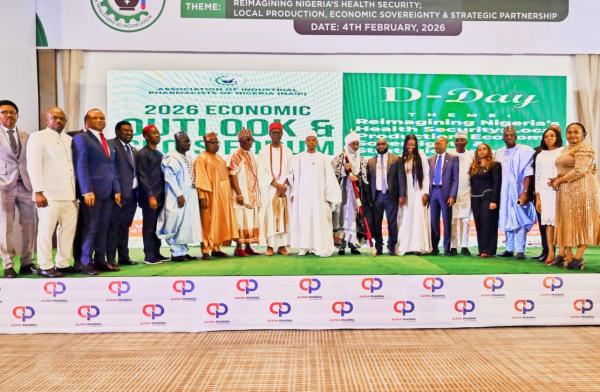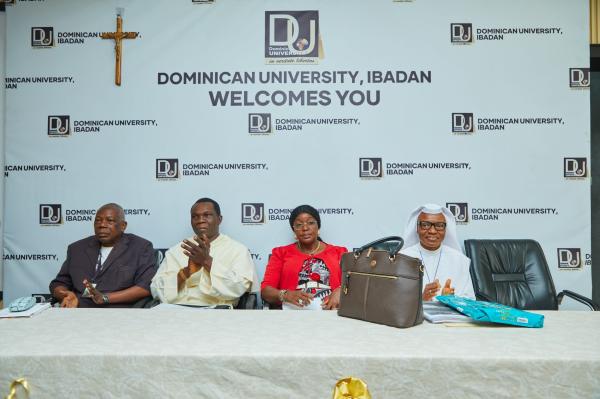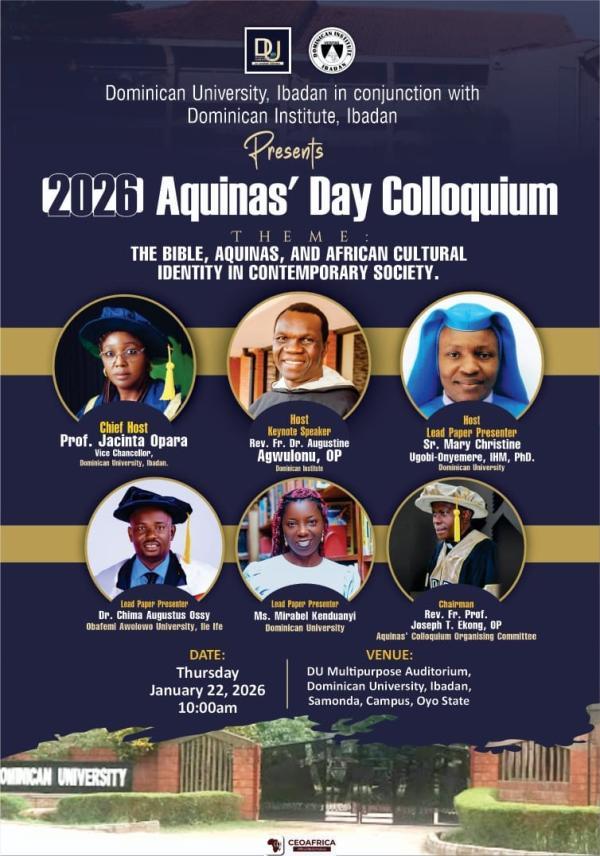
By Adedoyin Adekoya
Friday, 29 May blasted the gun for Buhari and his Osinbajo to race into history as change personified. The destiny of Nigeria lies in the hands of the duo that has promised us fish instead of scorpions; hope for despair; smiles for wailings, indeed, a nation we can call ours!
Long before now a campaign leaflet, “Change. Vote Buhari-Osinbajo 2015”, says these game changers will “create 740,000 (20,000 per state + FCT) jobs within the first one year; pay post-NYSC graduates “stipends for one year under a vocational scheme…. What more?
The duo promises to “provide universal basic health care with some annual contribution per family in the National Health Insurance Scheme (NHIS). APC government pays the balance.”
All of these promises are pleasing to the heart. The duo will feed children in public primary schools and unmistakably “make monthly direct cash transfer of N5,000 to the 25 million poorest and vulnerable citizens. There, however, is a catch, the parents or guardian will have to “immunise children and enrol them in school”. Barring all obstacles, the Buhari administration looks to grow the number of children in school as well as halt the onward match of such diseases as polio.
The darkness in which Jonathan threw the nation in the twilight of his administration has left a sour taste in the mouth. His was a failed government of a naïve nation. Not a few Nigerians will forget in a hurry the sad tale of a battered and bloodied nation, a leadership that unashamedly raped a nation in public glare without the decency of covering her nakedness.
In Buhari and Osinbajo lies hope for they will “generate, transmit and distribute electricity on a 24/7 basis whilst simultaneously ensuring the development of sustainable/renewable energy by 2019.” If this is a promise, Nigerians have been fed with this unsavoury meal for too long a time, long enough to make her a crawler at 55. But these are noble and honourable men for Buhari we know, and Osinbajo is not unheard of. Howbeit, economists do not believe in magic wand.
Hear the International Monetary Fund (IMF): the need for the implementation of reforms (must) include the devaluation of the naira. Listen to our president, “It is sad that the value of the naira has dropped to more than 230 naira to one dollar; this does not speak well for the nation’s economy.” He was speaking at the southeast presidential rally at Dab Anyima Stadium, Owerri, Imo State, not at the reportedly billion-naira mansion of the governor, Rochas Okorocha. Be mindful of the statement “Kai, you are a criminal” that went viral on social media which authenticity is doubtful.
The naira continues its free fall, but will all the King’s men and the King’s horses be able to put this Humpty-Dumpty naira together again?
The IMF says the naira devaluation will lead to a chain of reactions, many of which may not have the appropriate results, because the Nigerian economy mainly depends on oil. According to this world body, hated by some Nigerians beyond comprehension or, mildly put, seen as an unfriendly economic watchman, “The devalued naira will drive the export of local products which do not exist in the required volume for now, but will create an additional burden on the populace, the reason being that the cost of consumables across board will escalate.”
The adored president, Buhari, may read this and be pricked in the heart. He has a soft heart for the masses and the applause reached the heavens at Imo International Convention Centre, Owerri, on April 7 when he said, “I have done it before, I know to do it and I will do it again…” What will he do again? Buhari’s first priorities include bringing down the rate of the dollar to the naira. His detractors are ready to hang him on the one-naira-to-one- dollar promise, but did he say that?
Buhari knew that the Igbos are more of traders and businessmen. Was the statement, hence, a bait? Time will tell. However, the support he needed in the southeastern part of the country was not given him. Beyond that, Buhari has come to power. He was sworn in on 29 May 2015 in a grand ceremony at the Eagle Square, Abuja at 10am.
The Buhari stance: strike the shepherd and the sheep will scatter may yet be the open sesame to Nigeria’s many troubles. “From the day we come to power with God willing, anybody who steals Nigeria’s kobo will find himself or herself either in Kirikiri or another prison,” he said on a live programme, promising to fight insecurity and corruption.
How fast can Buhari move with an alleged 60 billion dollar debt hanging on his neck? This amounts to 13.7 trillion (interest excluded). Working around the figure, it will take Nigeria at least 228 years to repay the debt of Nigeria pay back 5 billion every month, according to Rotimi Fabiyi, an engineer.
An informed perspective to the rot in downstream petroleum sector for about 36 months a legal counsel writes: “The subsidy scheme became an issue under President Obasanjo. It was under him that the concept of petroleum importation became full blown. For reasons best known to Obasanjo, our four refineries were left to rot while our country relied on fuel importation.
“At no time under Obasanjo did subsidy payments exceed N190 billion yearly. Just before he left office, he sold two of our refineries to Dangote and Otedola.
“When late President Musa Yar’adua took over, he reversed the sale but did nothing to bring the refineries back to work. By the time he died, Nigeria’s subsidy burden was about N230 billion yearly.
The Jonathan administration saw the subsidy costs jump from N200 billion to over N2 trillion in the first two years of his government.”
Under Jonathan’s watch the numbers of companies dealing in oil jumped from 30 to 300, and billions of naira were paid to people who knew next to nothing about the oil sector.
“According to the source, the Petroleum Products Pricing Regulatory Agency (PPPRAC) was about the most corrupt government office in Nigeria. Reginald Stanley was called to clean up the PPPRA and the axe fell on about 80 percent of the workers and he rejigged the subsidy programme. The Stanley probe discovered that about 30 companies were really importing fuel. No one was convicted.
The Buhari burden may, with time, become Nigerians’ burden because he will ride on the back of his popularity as a disciplined and honest leader. The Buhari government will have to address decaying infrastructure, sordid environment, unemployment, weak naira, power failure and many others that saner states take for granted. It will not be a bed of roses for Buhari. Even if it does, we know that roses bear thorns. The thorns may be people from his own clan who have been used to free, loose money. Many of the powerful northern politicians do not like the president, they rallied support for him mainly because they wanted a power shift after sixteen years that power resided in the South.
That aside, Siaka Momoh, a social media analyst says to get things done, the President will have to diversify the economy and by so doing throw the inherited, senseless economy into the dustbin. The outcome of such a move will be a favourable forex regime.
"I want to believe Buhari does not mean he would achieve it by executive fiat. I believe he is making his promise based on his ability to make possible creation of more jobs, increased productivity, improved manufacturing capacity and agribusiness activities and, by extension, availability of exportable goods. Remember he said he would focus on agriculture, manufacturing and solid minerals."
The last of the seven things Buhari-Osinbajo promised on the flyer is to “embark on a national infrastructural development as a Public Private Partnership that will ensure 5000 kilometres of superhighway service trucks and building of up to 6,800 kilometers of modern railway completed by 2019 and build commercial airports in all 36 states.”
Chris Okeke, an analyst, says Buhari seems not to understand the exchange rate dynamics. “The one- naira-to-one-dollar-exchange rate is not possible because no individual can determine the strength of one currency against another currency, but the market dynamics.”
“For a country that is virtually not selling anything but oil, how can the country firm up its currency, particularly in the face of falling oil prices?” he asked.
The one-million-target job creation is taunting, except he focuses on agriculture. The question is: how many youths, graduates are ready to go into agriculture? They will prefer information and technology to farming. Rather, the president should empower the industrial sector, according to Okeke. His line of reasoning is that the sector will employ more youths thus boost local production of goods. He said it was nonsensical for politicians to be giving out “Keke NEPAD” and motorcycles and help break more youthful bones. Instead, politicians should be encouraged to set up small-and-medium-sized industries to employ the idle hands.
Buhari government can increase NYSC pay if the resources are available. “The president will do well by engaging them in agriculture in addition to what they get”, Okeke said.
As laudable as the free-feeding programme is, it suffers a setback in the face of dwindling resources. “It is not feasible. What’s the population of the pupils, students? It may turn out to be a free-food-for-all programme. Everyone will rush and share the food. Imo State tried, it but did not work out,” according to Okeke. “We have millions of students, no figure, no data, nothing. It cannot be sustained,” he said with an air of finality.
Prodded on stabilising oil price, Mr Okeke gave it to the President, “He is experienced in the oil industry. He should deregulate the industry to allow people to invest in the sector. He should take a serious look at the refineries. At the initial stage, prices will be up but will come down later.”
When words match action, then it is uhuru for Nigeria. History holds a pen, what will it write about this new government.












